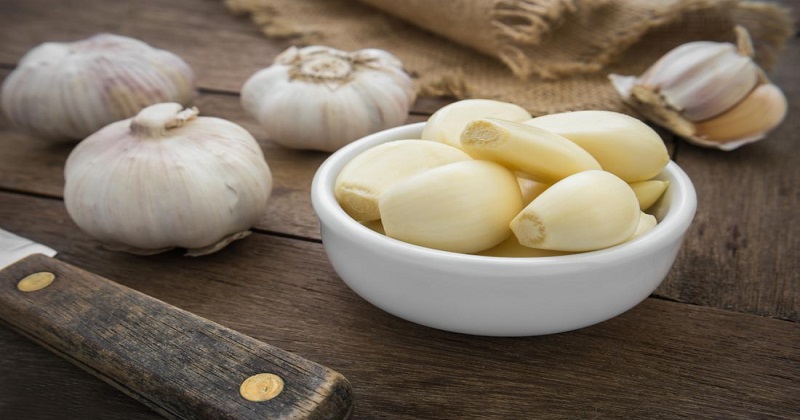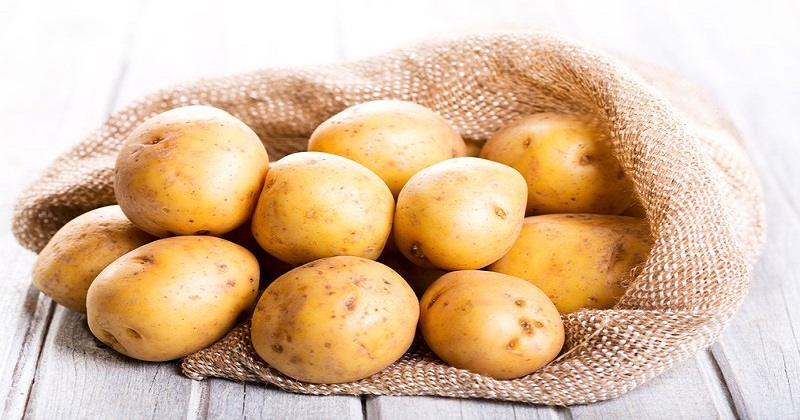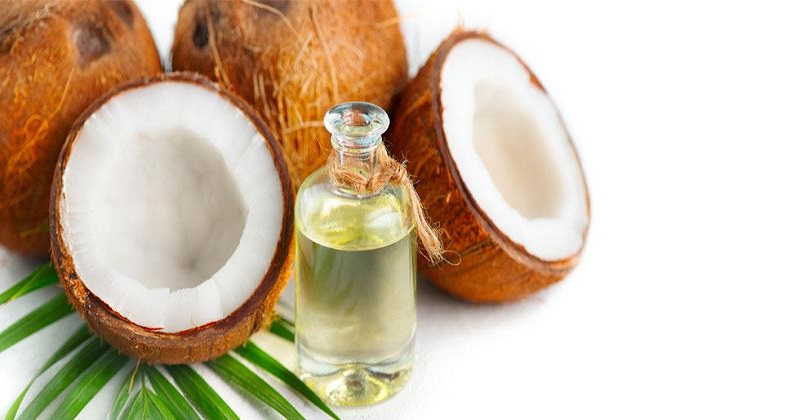
The household refrigerator seems an obvious place to store foods so they stay fresher for longer, but some ingredients simply aren’t made for colder temperatures. It may be second nature to stash just about anything in the fridge, but this produce actually stays fresher at room temperature.

Keep reading to find out which things you should never put in your fridge.
Eggs

You may be surprised to see eggs on the list, because in the US the fridge is where they should be. Eggs are sterilised after production to kill bacteria (which also weakens the egg shell) and must be kept cool to prevent it returning. But if you’re in Europe, eggs should not be put in the fridge. They are not sterilised and their shell is a good barrier.
Tomatoes

Once harvested, tomatoes continue to ripen and develop flavor, but only when kept at room temperature. A big chill stops the ripening process and dulls the flavor. Store fresh tomatoes on the countertop, out of direct sunlight.
Butter

Butter is virtually unspreadable straight from the fridge and it’s perfectly safe to store butter in a covered dish on a worktop for a day or two. However, you don’t want it to melt or go rotten so transfer it somewhere cooler, out of direct sunlight in the hot summer months.
Garlic

Garlic bulbs are prone to mold growth in the humid conditions of the fridge. For the best taste, store fresh garlic in a dark, well-ventilated spot. You can store leftover minced garlic in the fridge for a day or two, but the flavor can’t compare to freshly minced cloves.Garlic does not require moisture to be safe. They are in their best condition when kept at room temperature in a dry place with good air circulation. Garlic deteriorates easily and quickly when kept in a refrigerator.
Potatoes

Potatoes lose their texture when kept in a refrigerator. Don’t dump that bag of spuds in the crisper drawer! Frigid temperatures alter the starchy complex carbohydrates found in raw potatoes, giving them a sweet taste and a gritty mouthfeel when cooked. For the best flavor and texture, store raw potatoes in a well-ventilated basket or drawer, out of direct sunlight.
Honey

Due to its high sugar content, honey, a natural preservative, needs no refrigeration. In fact, popping that honey bear in the fridge virtually guarantees you won’t be able to squeeze out the golden goodness. When refrigerated, honey hardens and crystalizes, so store it on a shelf in your pantry. If you already made the mistake of refrigerating it, don’t toss it out. Place the honey bottle in a pan of hot (not boiling) water until it returns to its liquid state.
Nuts

Putting nuts in a refrigerator would ruin their flavour and may also absorb the odour of other foods. It is better to keep them in an airtight container.
Avocado

Many avocados available at the grocery are green and hard, and need a couple days to ripen before they’re ready to eat. They’ll only ripen, though, if you keep them out of the fridge. The only time you should refrigerate an avocado is when it’s completely ripe but you’re not ready to use it. Then, refrigeration will give you an additional day or two before it goes bad.
Bread

Store your bread in a bread box or on a cabinet shelf, but not in the fridge. Refrigerating bread slows mold growth but makes the bread tough, chewy and stale-tasting. If you know you won’t use the whole loaf before it goes bad, wrap the excess in freezer paper and store it in the freezer for up to one month.
Open Food Cans

Once opened, don’t store a partially filled food can in the refrigerator. While the cold temps will keep the product from spoiling for a little while, the food can develop a metallic taste due to metal acids that leach into the food from the can itself. The best way to store unused canned food, is to transfer it to a separate airtight plastic food container and then refrigerate.
Coconut Oil

Coconut oil is stable at room temperature for up to two years, so there’s no need to store it in the fridge where it becomes hard and virtually impossible to scoop out. Unlike some oils that remain liquid at cool temps, coconut oil contains a high percentage of saturated fats, which causes it to solidify in the refrigerator.
Chocolate

No one wants to see chocolate go to waste! Keeping the treat in the fridge doesn’t make it inedible, but it will absorb the odors of other foods and change consistency. Leave it on the counter or in the pantry for maximum deliciousness.

Post Your Comments